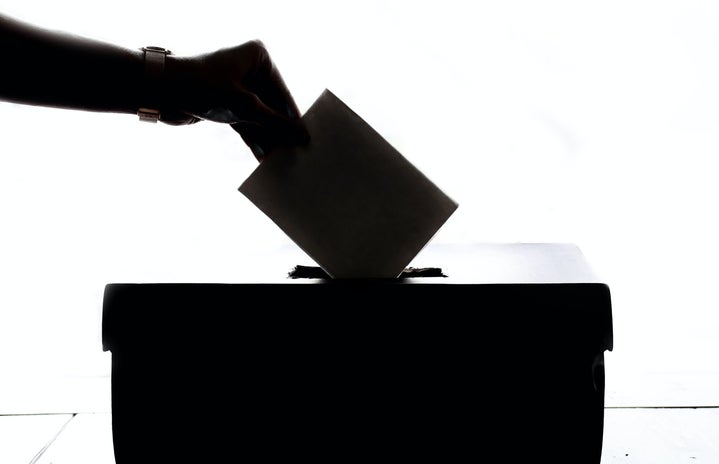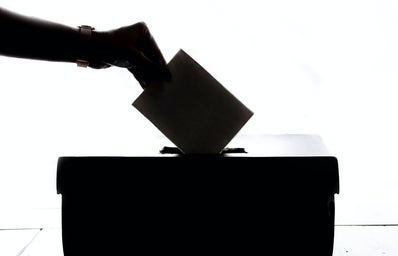Understand the tension between the divergent voters of Lula and Bolsonaro
The electors of the two presidential candidates, Luiz Inácio Lula da Silva (PT) and Jair Bolsonaro (PL), represent very different segments of society. The left and right sides clash, while the PT party repudiates the liberation of weapons and the use of violence, Bolsonaro‘s supporters tend to advocate more incisive practices and the use of firearms, for example. The candidates are competing in the second round after Lula (PT) received 48.43% of the vote, against 43.20% for Bolsonaro (PL).
Who votes for candidate Lula?
Lula‘s (PT) voters have a political position with a tendency for leftist ideals, defending the creation and protection of public policies for the population. On October 15, 2022, a Datafolha research reported that 65% of the beneficiaries of “Auxílio Brasil” (a Bolsonaro’s government program that replaced the “Bolsa Família” project which was made official by Lula, when he was president in 2004) intend to vote for PT’s candidate.
In the survey released on October 19, Datafolha also showed that Lula (PT) obtained a large difference in votes among people self-declared black compared to his opponent, with 58% against 38%. In addition,he has the voting intentions of 51% of women, 50% of young people between 16 and 24 years old, and 57% of people with family incomes of up to two minimum wages.
On October 13, the candidate received support from the Articulation of Indigenous Peoples of Brazil (APIB), which released a letter requesting Brazilians and indigenous peoples to vote for him. The organization #VoteLGBT+ conducted a survey at this year’s São Paulo LGBT Pride Parade, which revealed that 86% of the people interviewed intend to vote for Lula (PT).
The data presented provides an informational shortcut to draw a generalized profile of each candidate’s voters. Lula (PT) receives support from social minority groups such as blacks, native peoples, women, people with disabilities, and the LGBTQIA+ community. According to another Datafolha research in October, 56% of voters believe that Lula is the most prepared to defend minority rights.
Priscila Lapa, PhD in Political Science, analyzes that “Lula‘s (PT) elector has an easier time moving among other publics, he is not an elector with a radically closed world view”, and, this way, he can support progressive ideas and dialogue with several segments of society.
Who are and what do the “good citizens” of Brazil believe
According to a Datafolha research released on August 18, Bolsonaro (PL) presents himself as the representation of the richest, whitest, and most evangelicals. The candidate in second place in the first round of voting and in the most recent voting intentions, performs a conservative discourse sustained by the triad “God, Homeland and Family”, a motto used by his ultra-right-wing voters. This profile is observed in the identification of each state with the candidate, among them, São Paulo, Rio de Janeiro, Rio Grande do Sul and Paraná, which have the highest GDPs in the country and where the majority of voters voted for Bolsonaro.
Priscila affirms that “In the case of Bolsonaro‘s voter, he has a much more radically closed worldview around his beliefs and his values, he has a difficulty in making any kind of transition, of dialogue, and of bridging with any other public”, different from Lula‘s (PT) voter. PT voters even report that they feel afraid to go out on the streets dressed in red, due to the occurrence of political violence.
Political divergence presents difficulties to be accepted by Bolsonaro’s (PL) voters. In Pará, Maurício Lopes, a brickmaker, coerces workers by offering R$200 to those who vote for the PL candidate and speaks of reducing jobs if Lula wins, because “no one will stand the cucumber that comes,” in his words.
According to the survey “Who are and what do Jair Bolsonaro‘s voters believe”, the Bolsonarist group is very heterogeneous, but their taglines revolve around some particular values and feelings. Among them, “good citizens” fear changes in traditional family patterns, believe that corruption is the country’s biggest problem, are in favor of carrying guns to take justice into their own hands, and fight against the “return of communism.” The survey conducted in 2018 by NEU and the São Paulo School of Sociology and Politics Foundation, analyzed 16 types of supporters, according to social class, race, gender, form of engagement, and creeds.
The conflict between voters
The voters of both candidates get into a political discussion because they believe and defend different causes, among political agendas for both the right and the left. In this political scenario, according to political scientist Priscila, “What matters much more [to the voters] is what they [candidates] think, what they defend, from the personal point of view, from even the world division, than exactly in a more structured way a vision of the country.”
The scientist analyzes that, due to it, there are Lula (PT) supporters that only vote for him because they are against Bolsonaro (PL) and the same happens otherwise This is called negative voting, in which the voter only defends one because of the disapproval of the other, causing even more tension in the Brazilian population. Priscila points out that this is when they resemble each other, both profiles have a strong loyalty to the leader and the disarticulation and deconstruction of the opponent’s image is pointed as the best way to win.
Strong phrases are mobilized with the figure of the candidates as, for example, “genocidal Bolsonaro” referring to the loss of approximately 700 thousand people in the Covid-19 pandemic, since the people against-Bolsonaro believe that the deaths could be avoided with a better administration and more serious positioning regarding the situation. Also, the lines “a thief’s place is in prison” or “Lula corrupt” directed at candidate Lula (PT) reflect the disagreement with the acquittal of cases and prescription of crimes that the candidate was accused in the major investigation operation on embezzlement of public funds, “Operação Lava Jato” (Operation Car Wash).
———————
The article above was edited by Ana Beatriz Aith.
Liked this type of content? Check out Her Campus Casper Libero for more!



